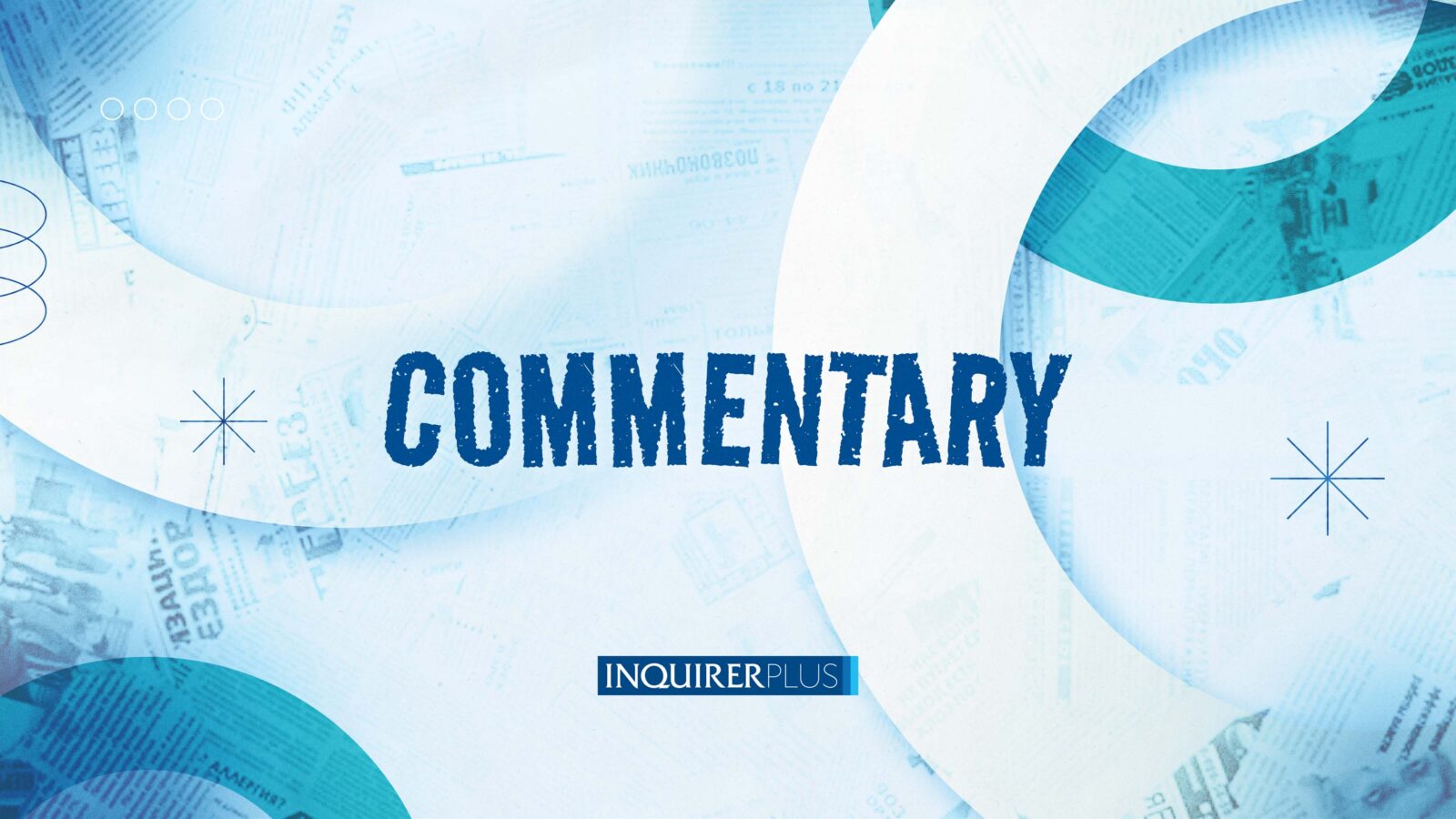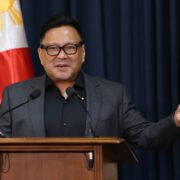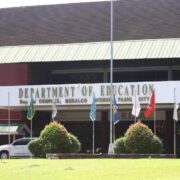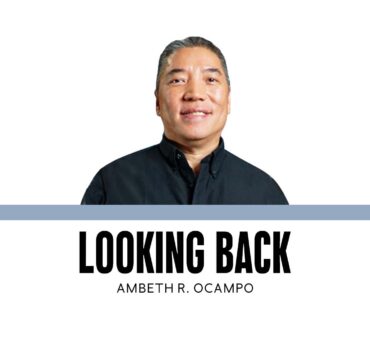Asia: From democracy’s hope to repression’s leader

Kathmandu–Hopes abounded that Asia could one day become a beacon of democracy, but it is instead transforming into a leader in repression.
While I acknowledge the continent’s immense size and diversity, necessitating a refrain from broad generalizations, Asia’s two largest nations, China and India, demonstrate ruthless efficiency in squashing dissent, even beyond their borders. For them, the ends consistently justify the means, especially when targeting those who dare to criticize.
The International Consortium of Investigative Journalists, a Washington nonprofit, recently published a major investigation detailing how Chinese security agencies systematically attempt to dismantle overseas dissent. “China Targets”, released in late April, is a damning report for Beijing, analyzing how its security apparatus intimidates and represses critics.
Similarly, India is proving its capability in punishing, and even eliminating, exiled members of the Sikh community who aspire to carve out a separate nation in their homeland. In-depth investigations have been conducted in both Canada and the United States following a series of incidents.
Why two of the world’s most prominent nations pursue such policies remains perplexing. Both are still emerging, yet have largely established themselves as superpowers. They are respected promoters of the Global South, serving as role models for other developing peers.
Is it insecurity that propels Beijing and Delhi toward these policies? Despite denials and official rebukes, ample evidence suggests that India and China, despite their differences, have adopted the same philosophy in tackling borderless repression.
Prime Minister Narendra Modi of India just visited Accra, where he addressed the Parliament. He spoke of his nation’s significant progress under his leadership and highlighted India’s established partnership with Africa, including its investments and financial aid.
Yet, in that same Parliament, Modi also boasted about his country’s democratic credentials. While India is undoubtedly a democracy, its credentials are eroding as the nation, under PM Modi’s BJP, pursues its development trajectory at the expense of upholding important aspects of its democratic fabric.
Turning to China, we know it operates as a one-party system, and President Xi Jinping possesses a unique ability to silence those who think differently. China’s tactics abroad must be condemned, these methods, as recently learned, are not exclusively applied to members of its diaspora.
While China has the right to pursue its policy of unification with Taiwan, I cannot comprehend why Chinese policymakers are so obsessed with the threat of using force to take over the island. The more they adopt aggressive postures in the Straits and the South China Sea, the more they will turn the international community against them. I am imploring Asean leaders to do whatever it takes to dissuade Beijing from making a tragic and bloody mistake.
In fairness, however, simply focusing on India and China while pretending everything is fine back home would be too convenient for me. This situation provides an opportunity to express my strong disappointment with the European Union for its insufficient condemnation of the atrocities committed by Israel in Gaza.
The EU’s capacity for action is limited, but it should at least seriously consider suspending its Association Pact with Israel. Spain and Ireland requested this in the last European Council, but their position remained a minority.
I conclude by wishing that human rights, including political and civil rights, would cease to be viewed with such scorn and contempt. India and China, with their millennial civilizations, have a sacrosanct prerogative to pursue their path of development, shaping their sovereign future with endless possibilities.
Meanwhile, Asean should not forget that human rights are integral to fulfilling its ambitions. On June 23, Ali Macalintal, a human rights activist, was shot dead in the Philippines. There were no reactions from Asean, no condemnation, only total silence.
Can’t the Asean Intergovernmental Commission on Human Rights at least publish a simple statement of outrage? Macalintal was transgender and openly advocated for the rights of the LGBTQ+ community, and she was murdered during Pride Month.
What an ignominy. Human rights do matter, and no country on Earth is perfect at upholding them. Yet, regardless of the political system we inhabit, we should always expect from our leaders, without exception, a renewed commitment towards a better future.
Pursuing that future without human rights is simply inconceivable. The Jakarta Post/Asia News Network
—————-
Simone Galimberti is a freelance writer who focuses on human rights, democracy, and regional integration in the Asia Pacific.
—————-
The Philippine Daily Inquirer is a member of the Asia News Network, an alliance of 22 media titles in the region.

















Should teachers facilitate voter education?